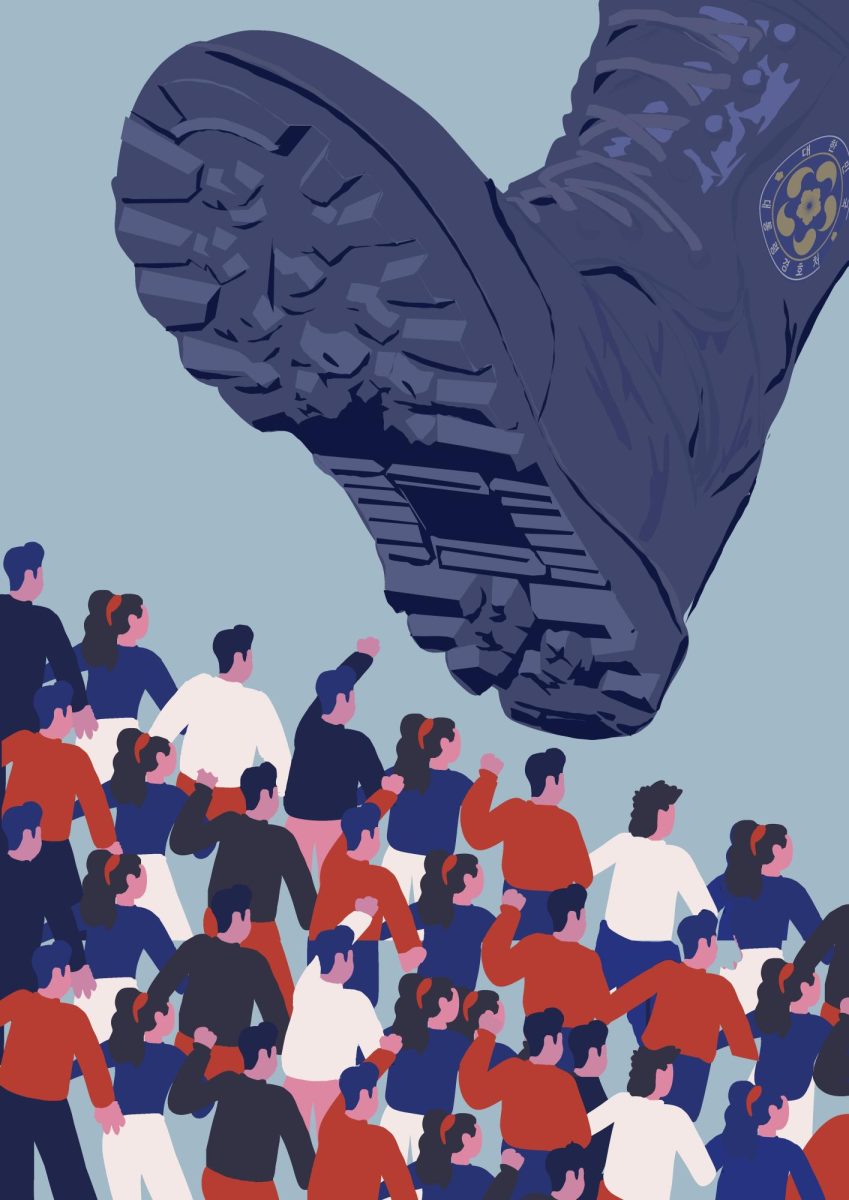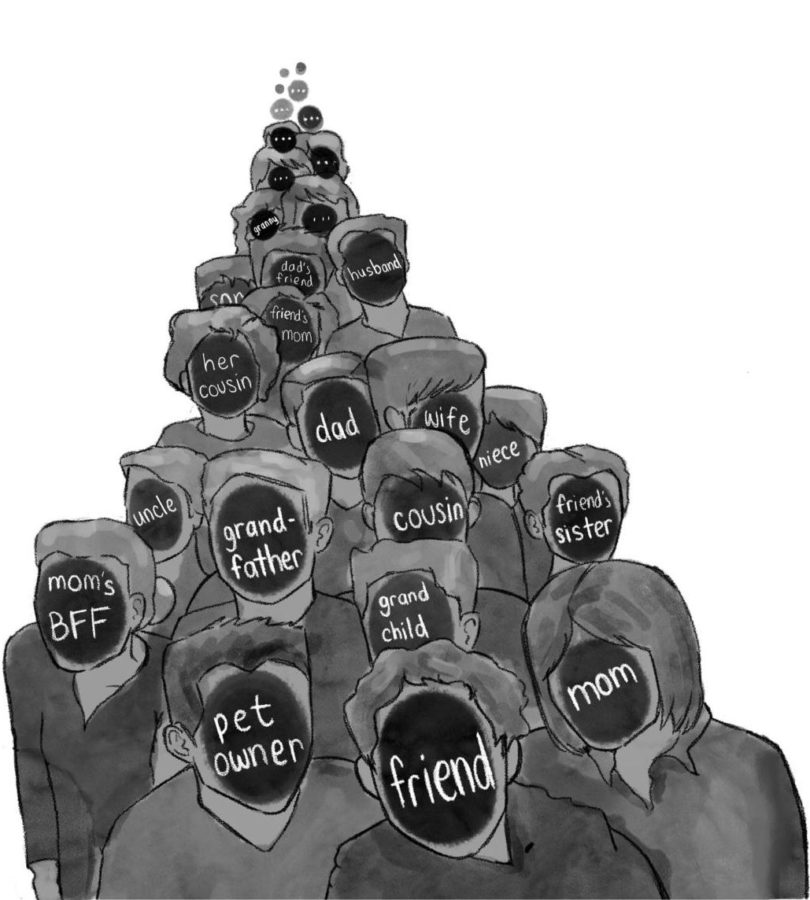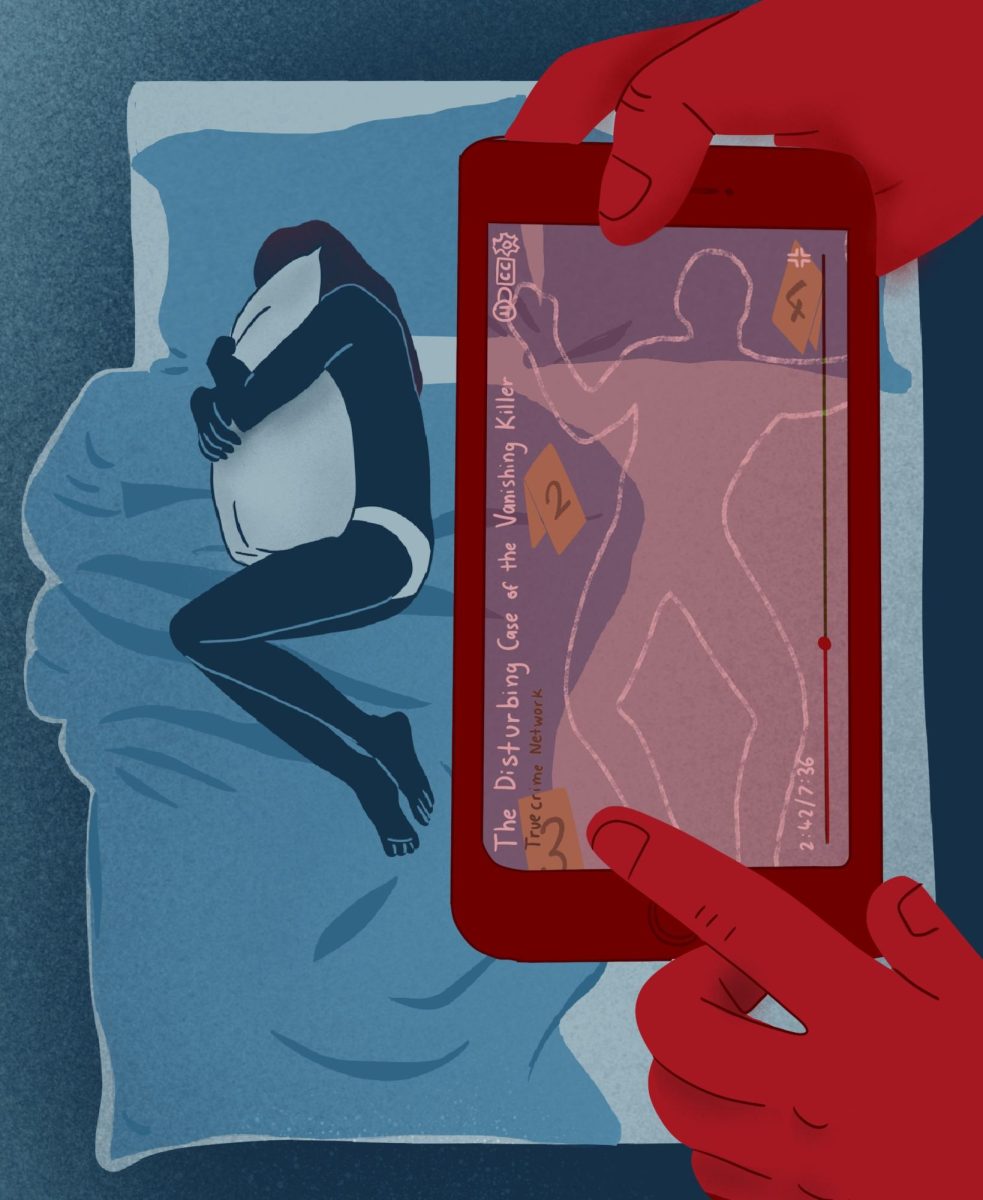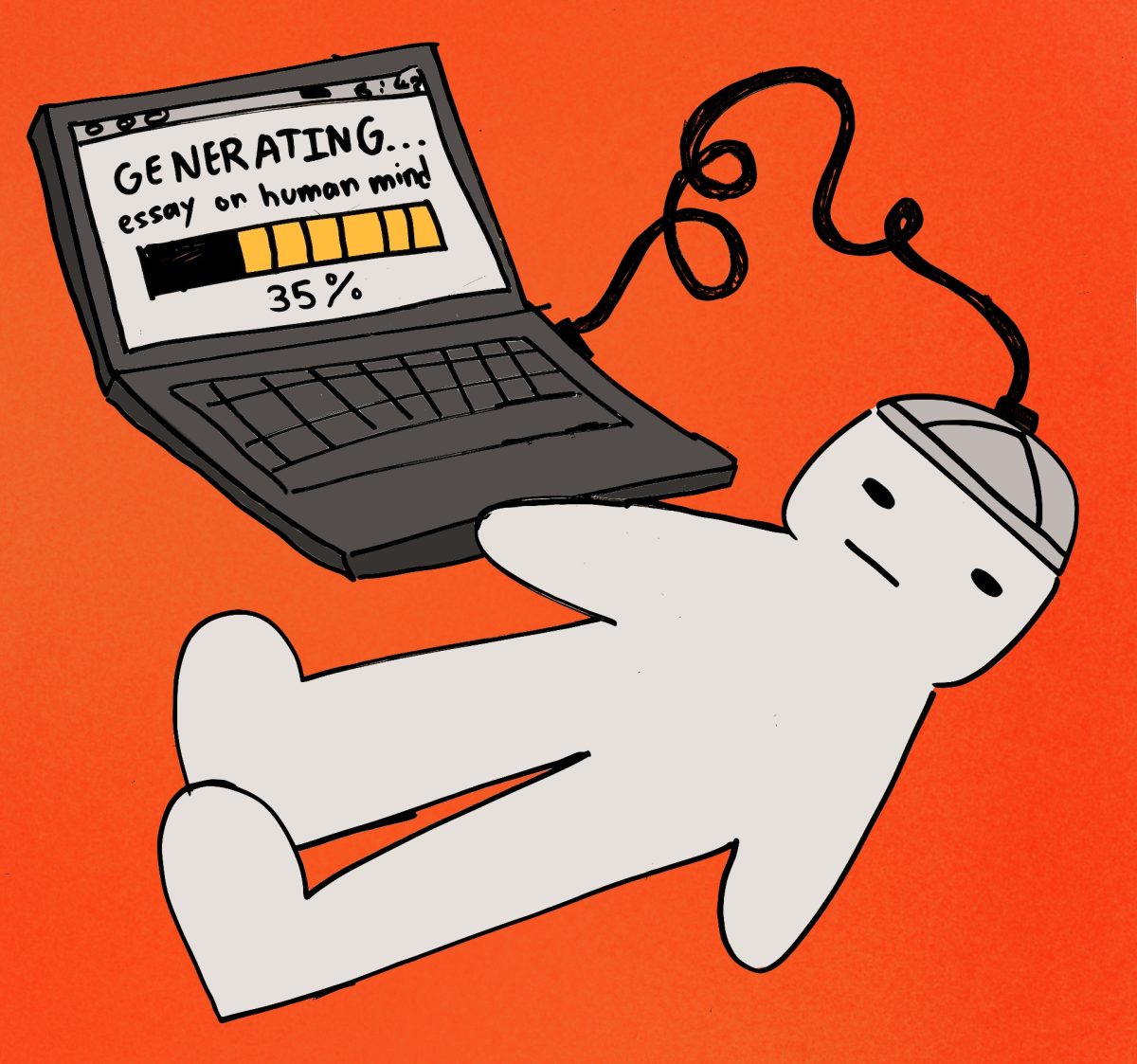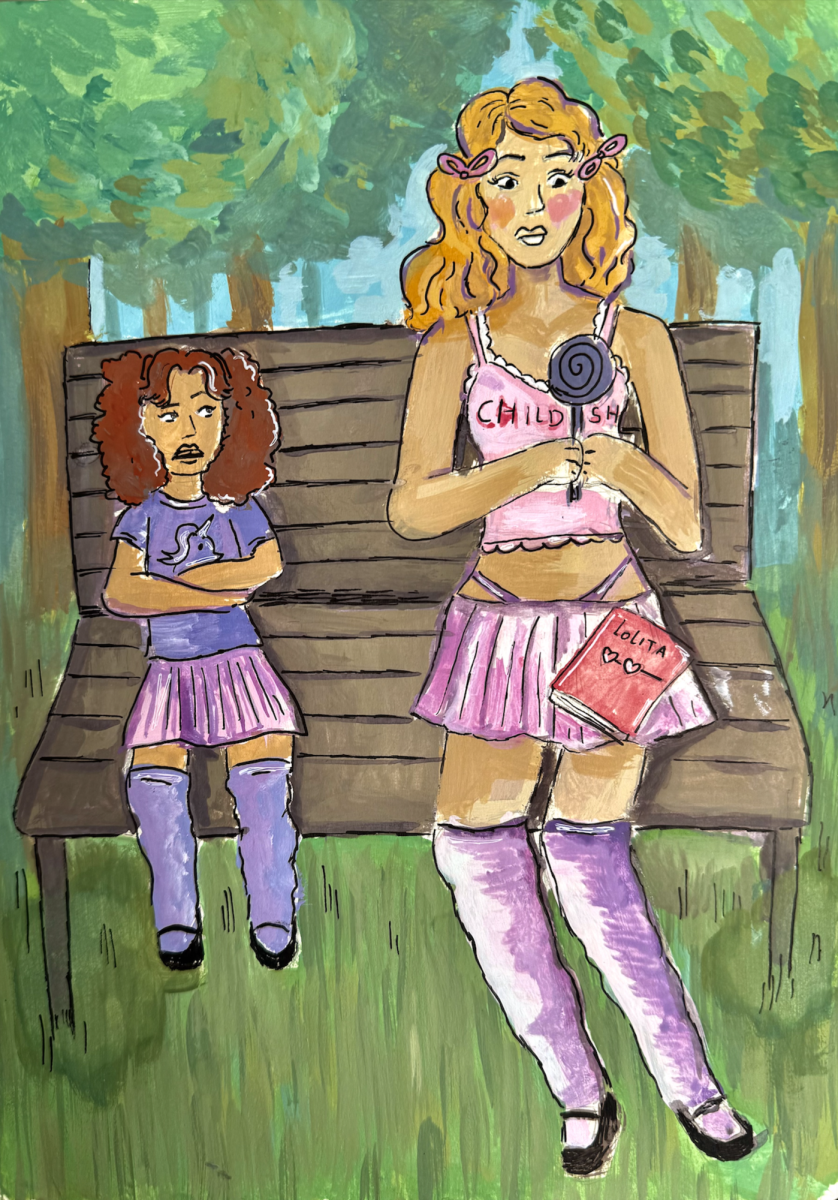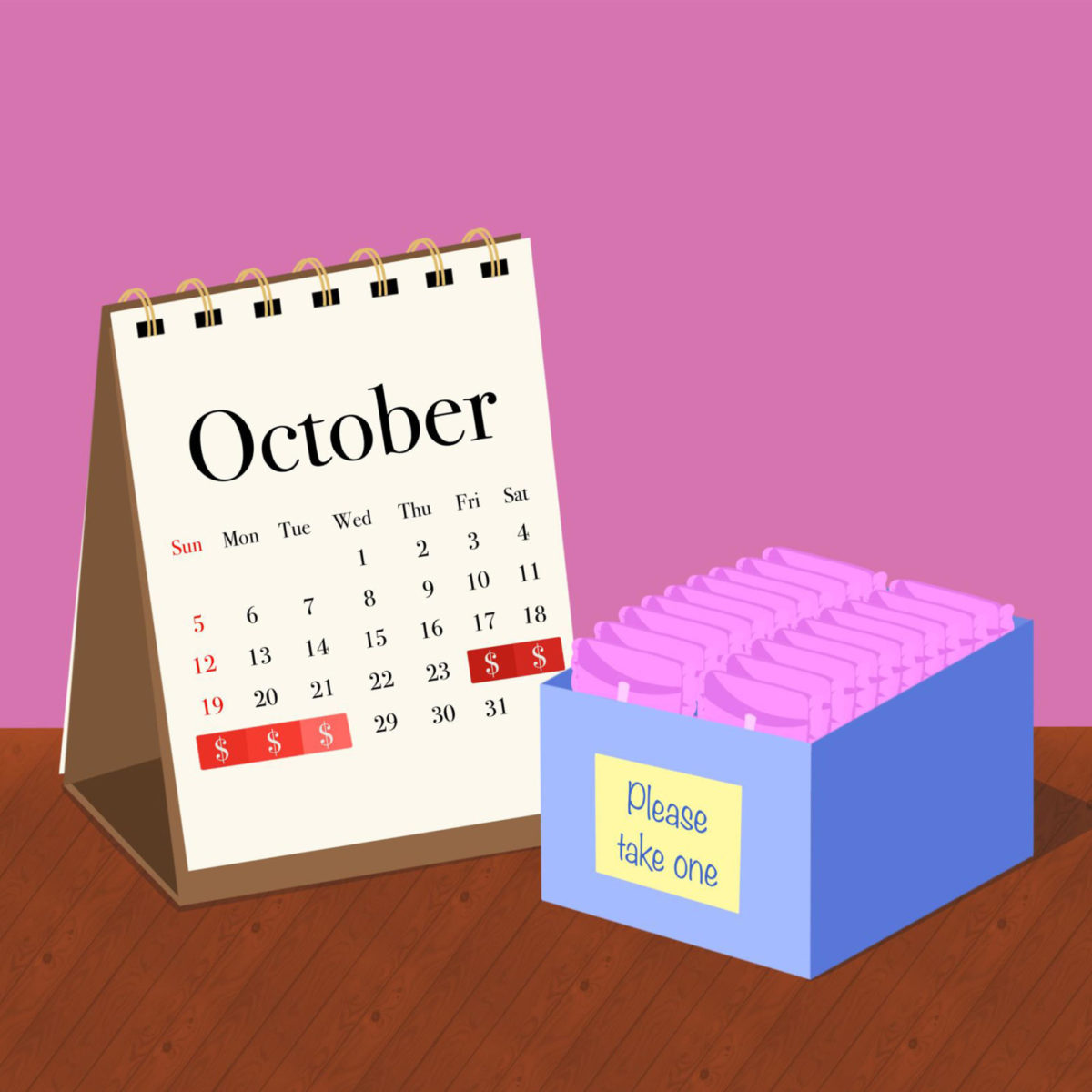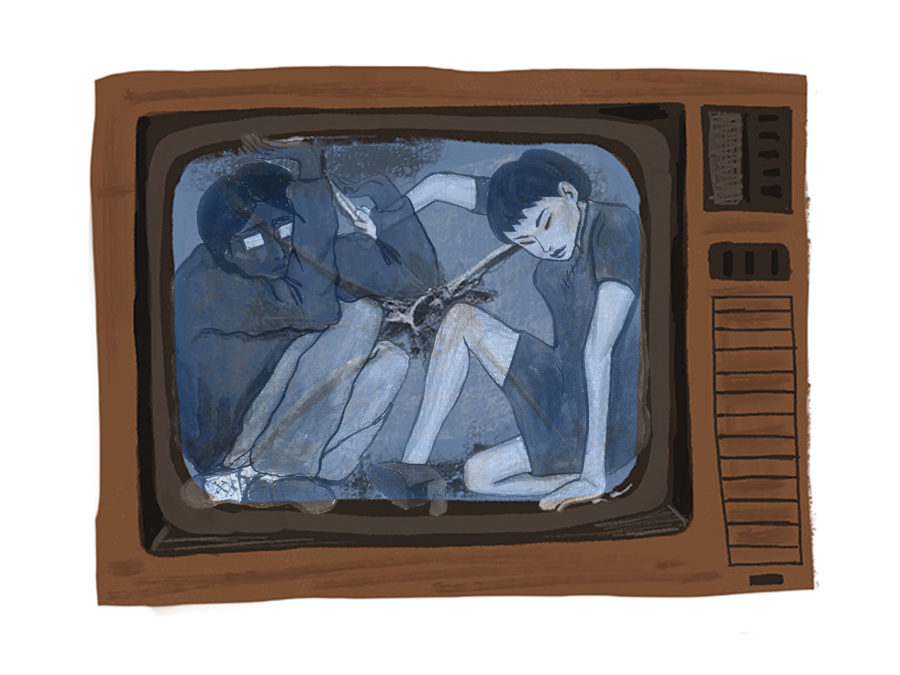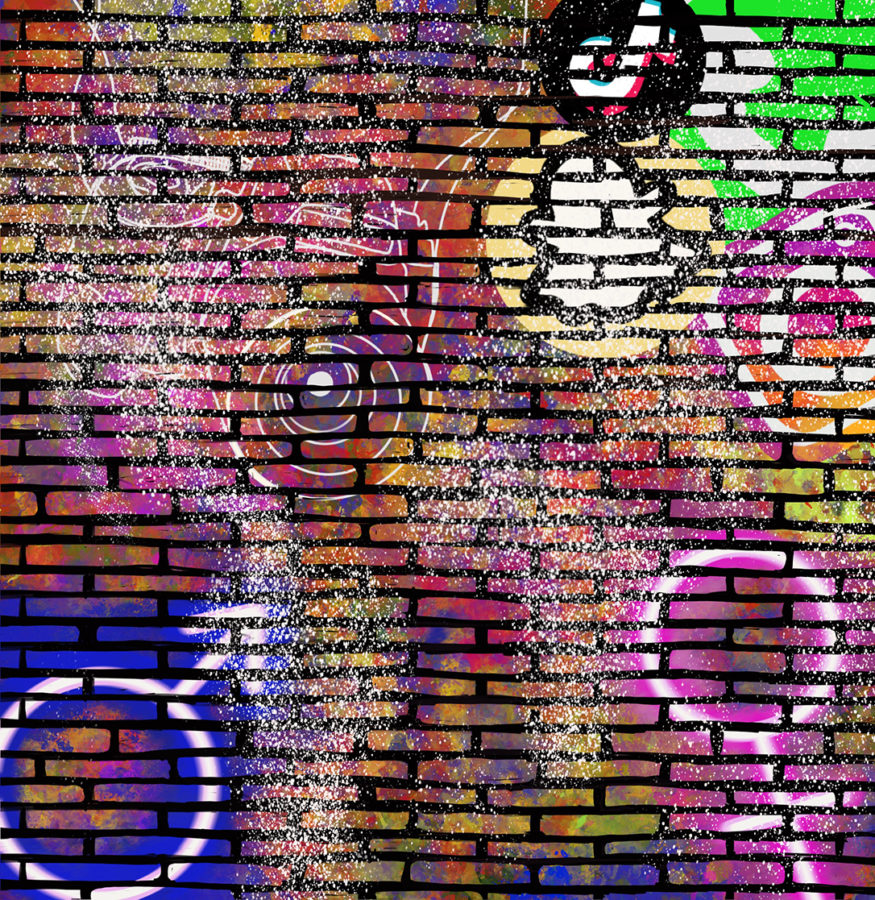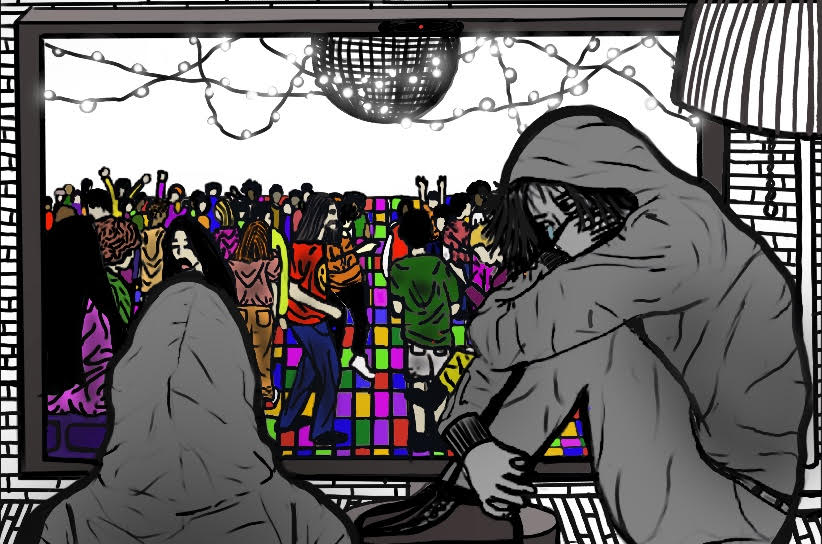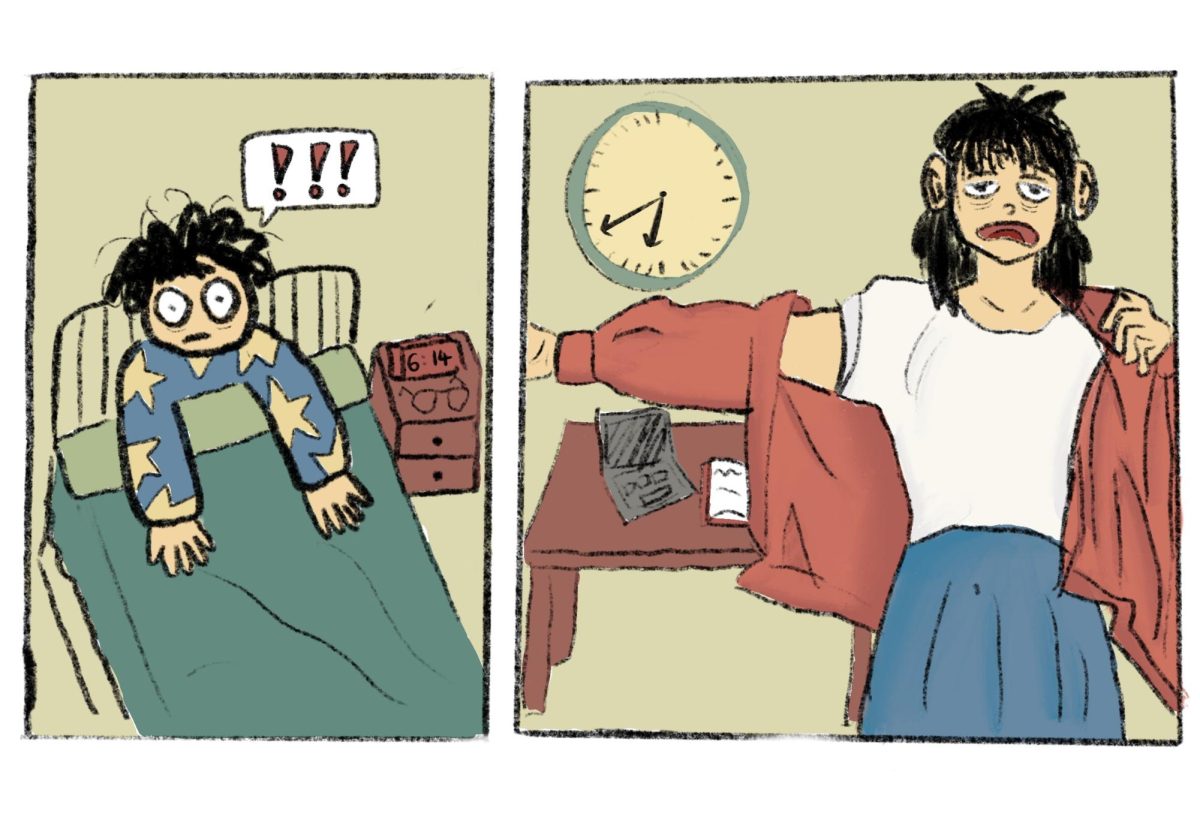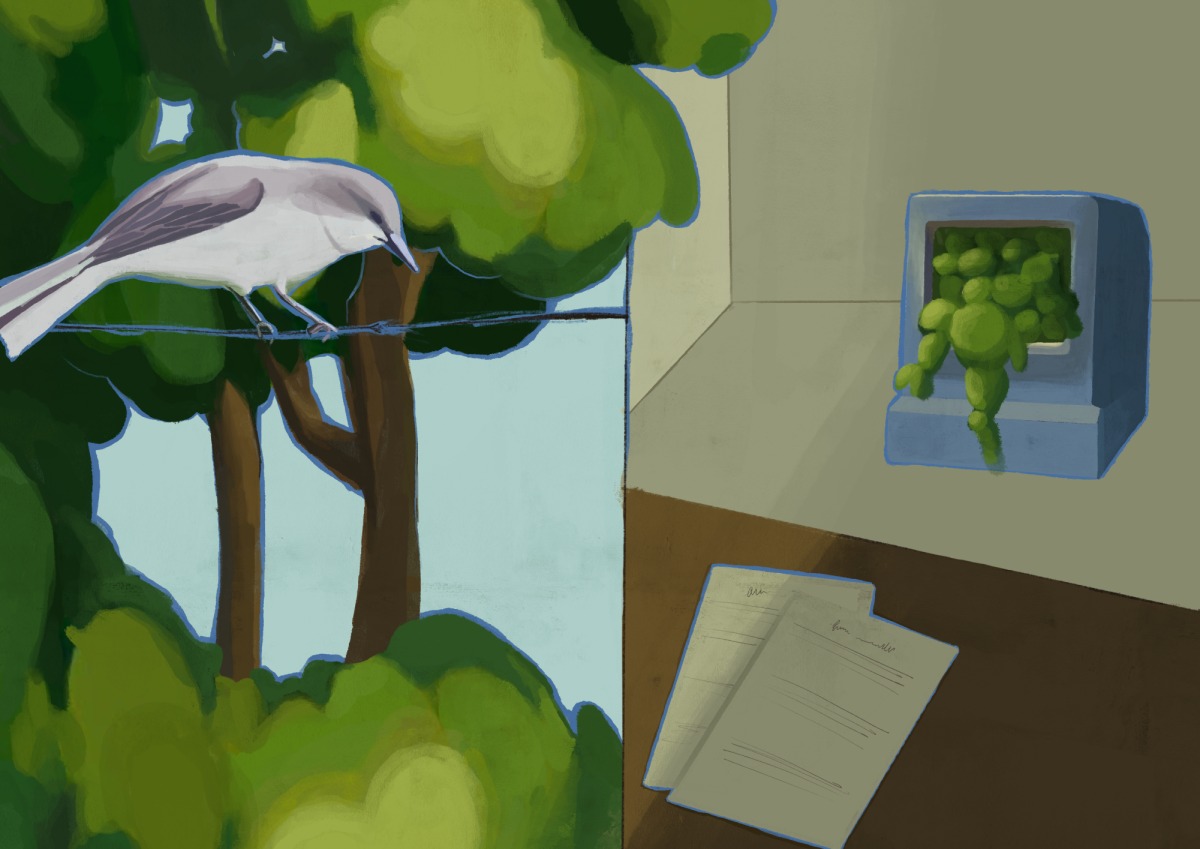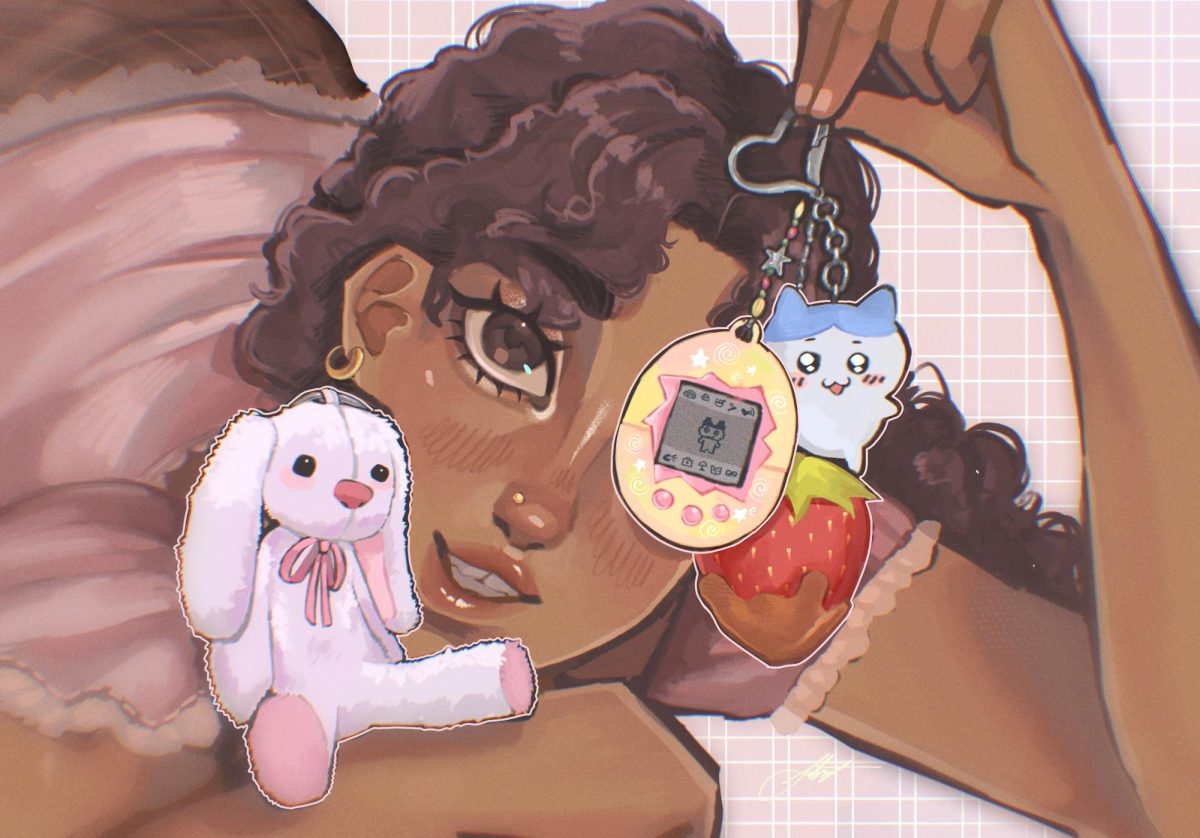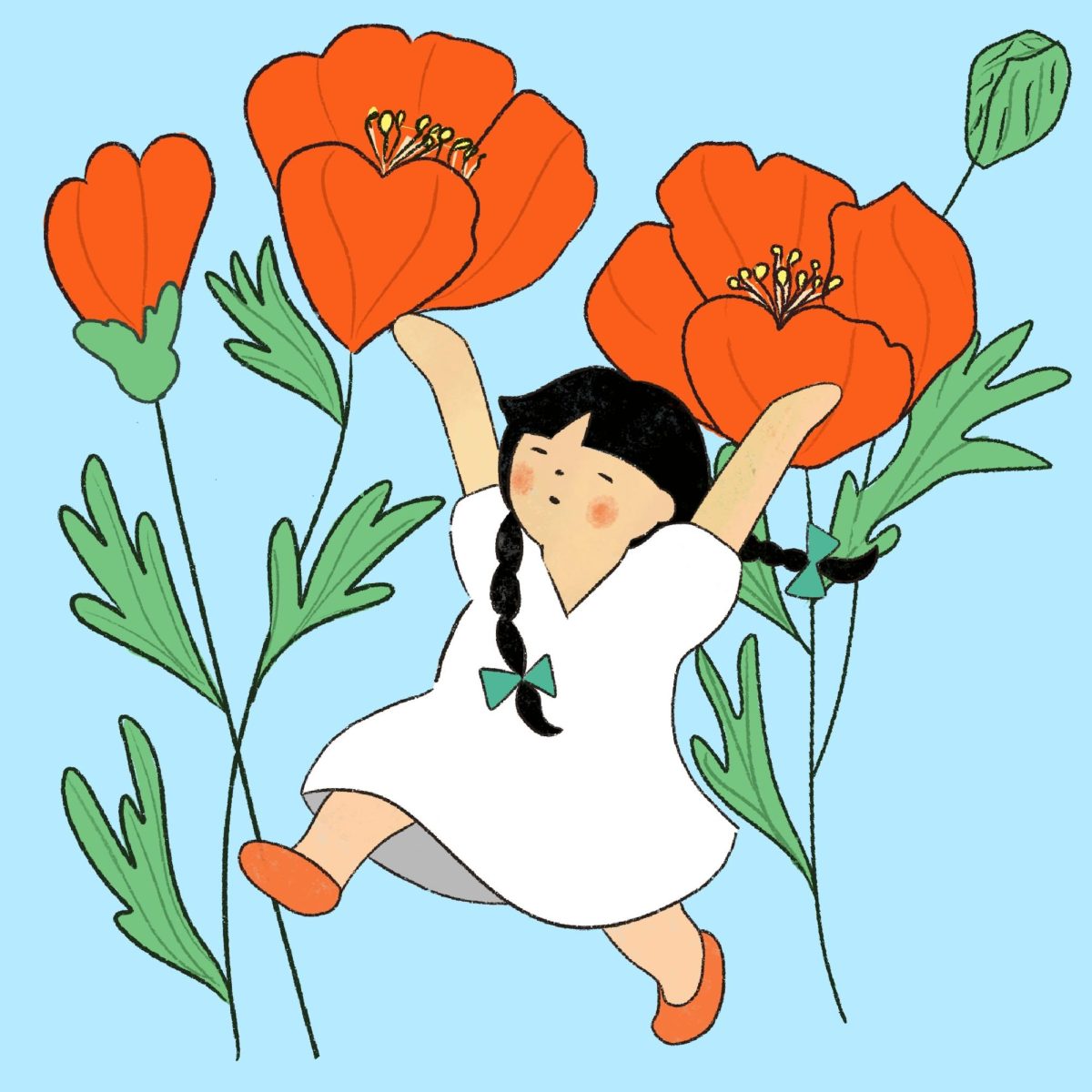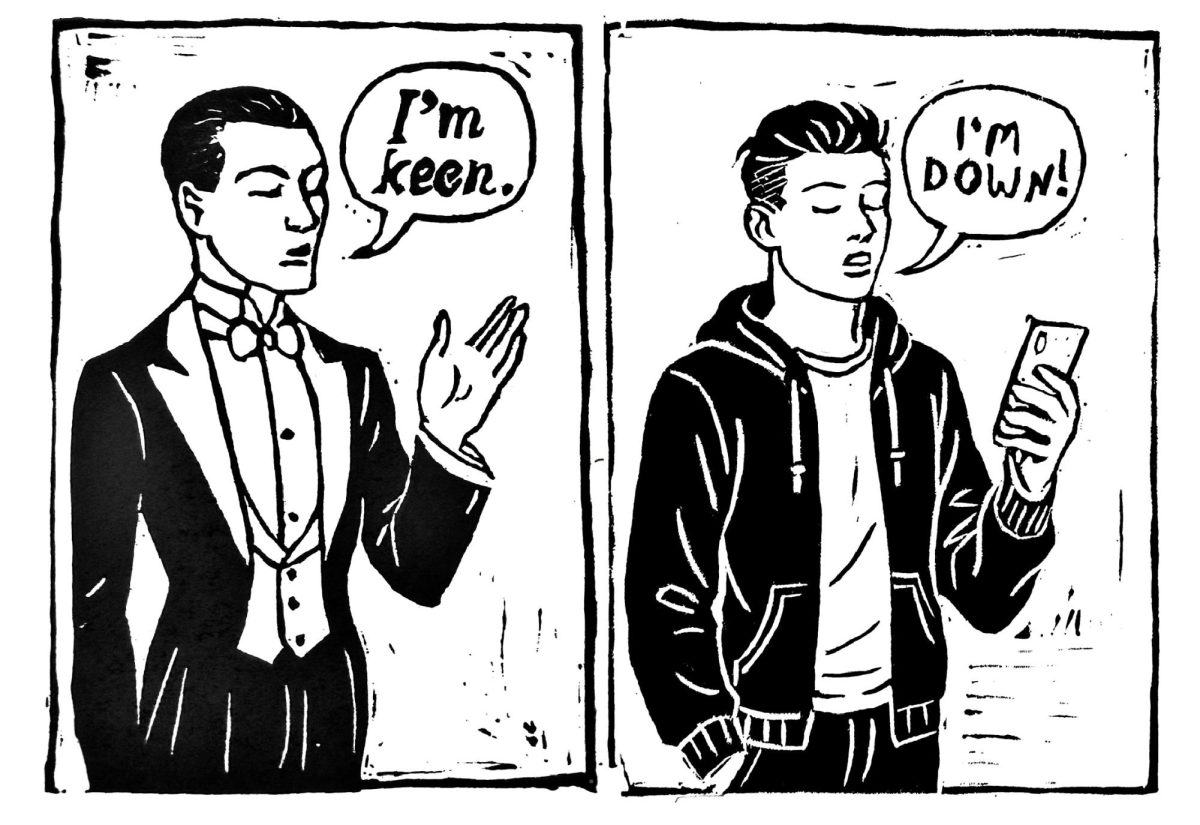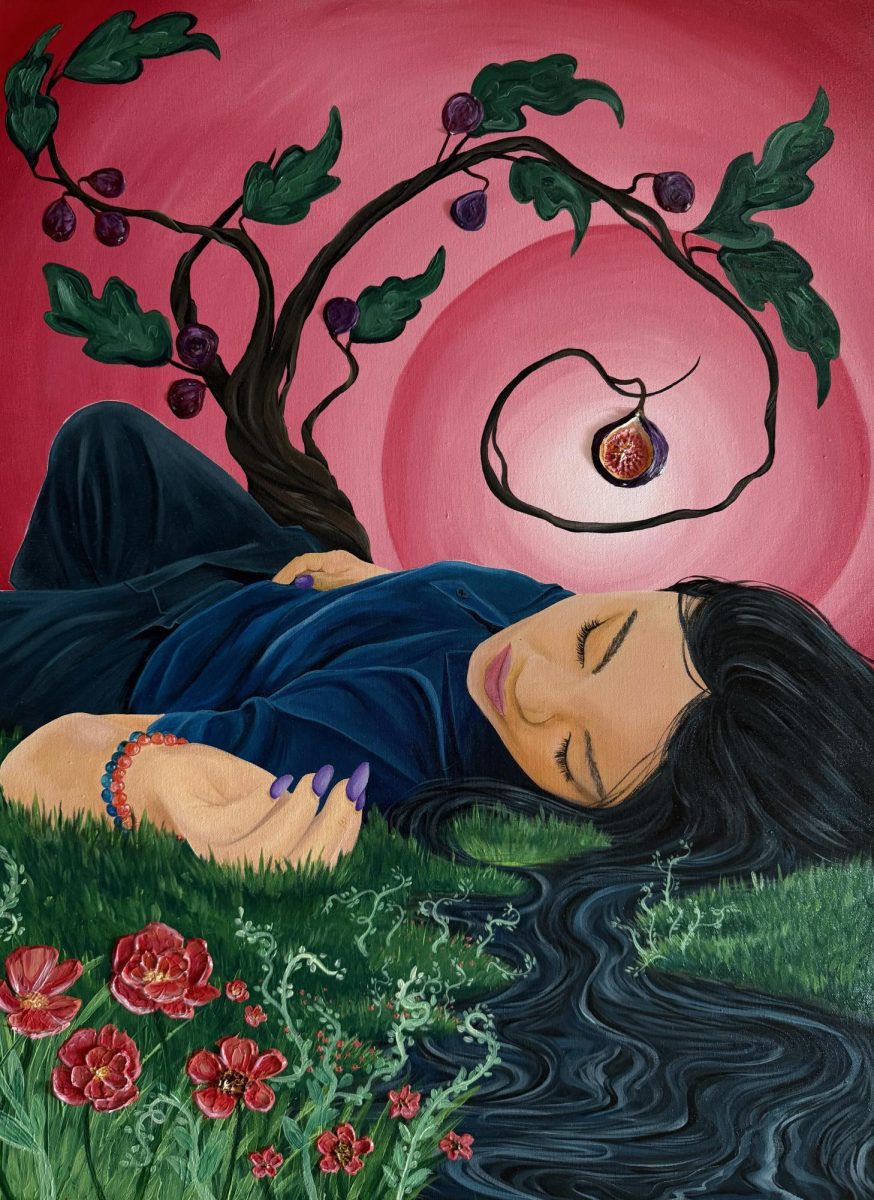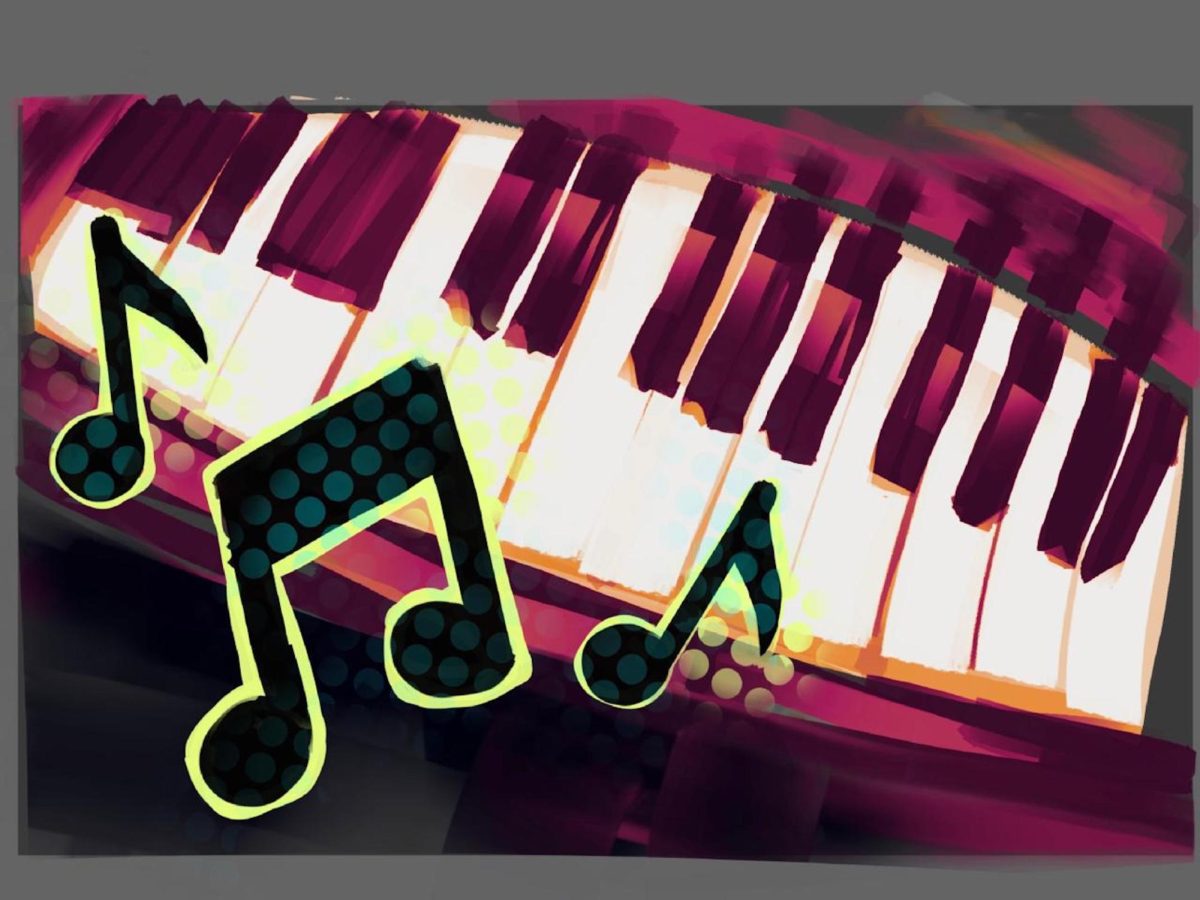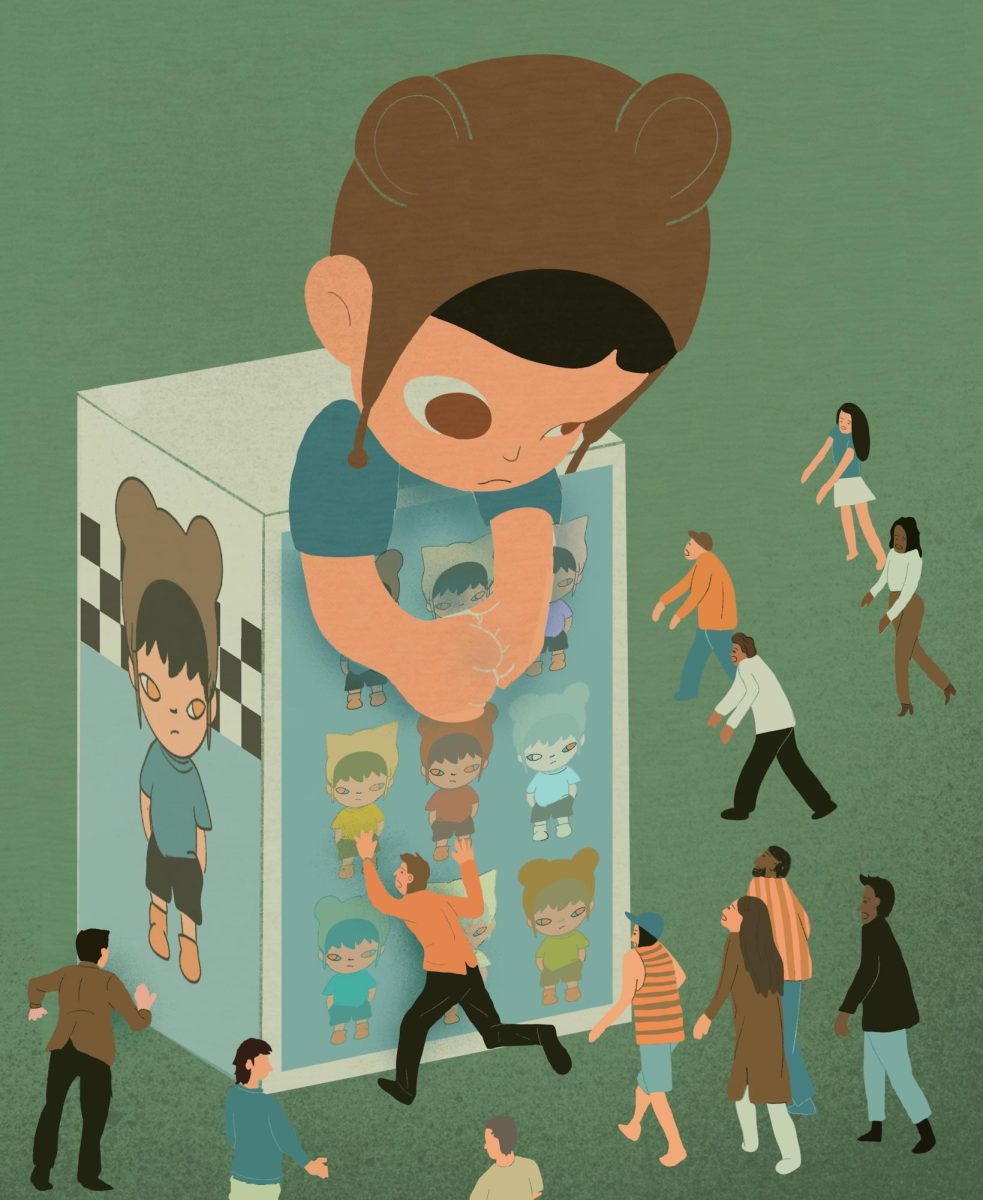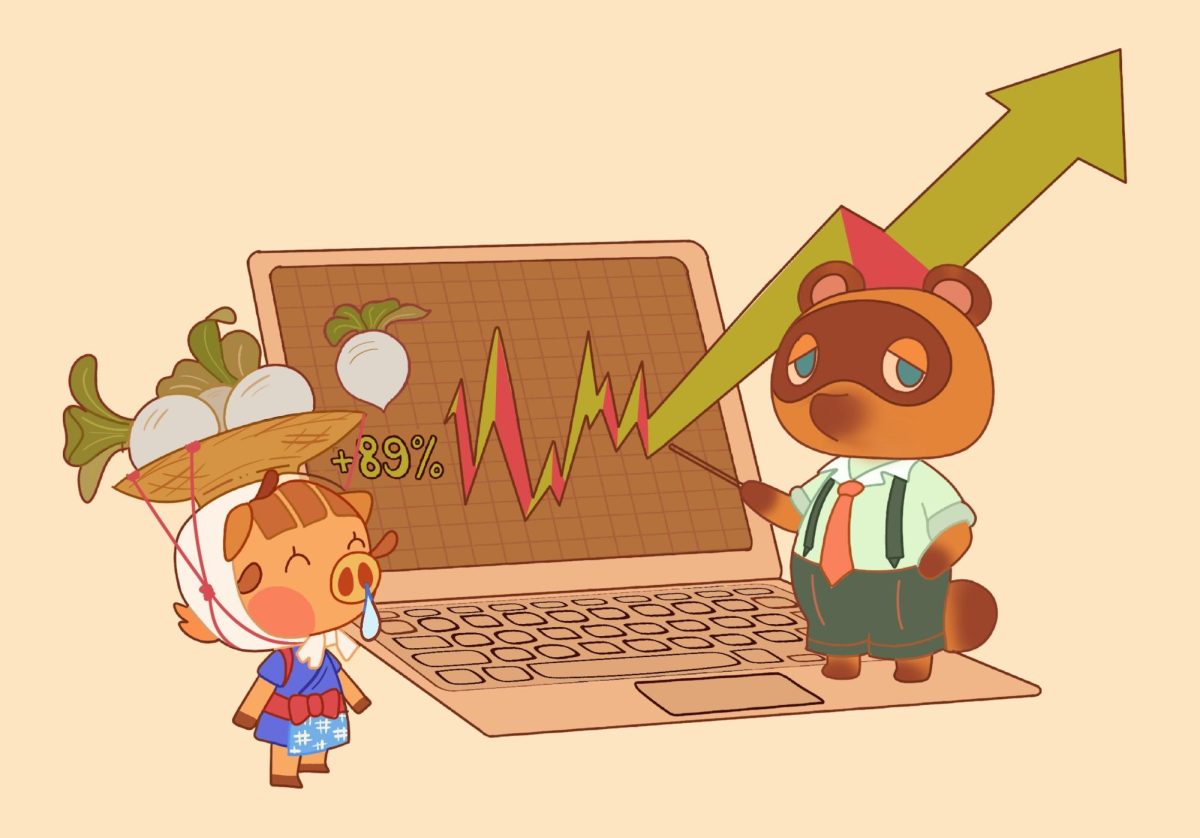Four years after the height of pandemic lockdowns, many of us have set down our Nintendo Switches and left our Animal Crossing: New Horizons islands behind. This beloved game and its endearing characters offered a comforting escape during isolation. However, it is not only entertaining—life on the island also has plenty of educational benefits!
In particular, much of its gameplay introduces basic and easy-to-grasp economic concepts. Perhaps these insights into the economic aspects of the game can inspire you to pick it up once again, this time with a new mindset.
Loans and Savings
One of the first memories of any New Horizons player is arriving on your island and immediately being 5,000 Bells in debt to Mayor Tom Nook for the mortgage of your starter home. This system mimics real-life mortgages, where the lender issues a house and expects repayment over time.
In the game, however, there is no immediate pressure to repay your loans other than being able to upgrade to a bigger house. Therefore, you might instead opt to put your Bells into savings at the Bank of Nook. Withdrawing and depositing Bells at the bank earns you a 0.05% interest rate on the first of every month.
This in-game feature mirrors real-life interest rate systems that incentivize people to save in a bank. While the rate is meager compared to real banks, and no rewards other than Bells are offered, this mechanic introduces the concept of passive income.
Through the Bank of Nook, you learn that savings can grow to benefit you in the long run, no matter how small the earnings may be. Moreover, much like in real life, wanting to pay off your loans can encourage you to seek out ways to earn Bells, such as participating in the “Stalk Market.”
The “Stalk Market”
Remember when Daisy Mae would visit your island every Sunday to sell turnips? If you bought these turnips, you participated in the New Horizons version of the stock market: the Stalk Market!
Nook’s Cranny store managers Timmy and Tommy set daily selling prices for the turnips, which fluctuate randomly, with the possibility of large spikes and drops.
Similarly, in the real stock market, stock prices can drastically rise and fall depending on factors such as company performance, investor confidence, and economic or political shocks.
As Daisy Mae says, the goal is for “turnips to turn [into] profit.” So, if it has been a particularly low-selling week, you must sell at a modest return or risk a total loss when the turnips spoil the following Sunday. Much like the actual stock market, selling at a lower price could be better than waiting for higher gains.
Supply and Demand
You might have felt the game become more personal once you had settled in and completed early tasks such as fishing, catching insects, and harvesting fruit. At this point, you have the freedom to craft various items with DIY recipes. While you can always sell these crafts at Nook’s Cranny, there are “hot items of the day” that sell for a much higher price than they usually would.
What seemed like a daily opportunity to make Bells actually illustrates a fundamental economic concept: these prices are higher because of high demand and low supply. This is a simplified way to show that when many people demand an item, the price tends to increase.
Additionally, special visitors to the island portray the concept of demand. CJ and Flick purchase the fish and insects you catch for 50% more Bells than Timmy and Tommy would in Nook’s Cranny. In real life, specialized buyers will also pay more for niche products. So, if you are looking for a more significant profit, it is worth seeking buyers specifically interested in your products rather than selling in a general market.
While New Horizons was a welcome source of entertainment and escape for those of us seeking a break from the chaotic world around us, it also taught us many important lessons. Relevant to this day, the game depicts simplified economic dynamics that introduce young players to the mechanics that shape our world. So, perhaps it is worth checking back in with your villagers—you might find there is more to learn from the island paradise!

